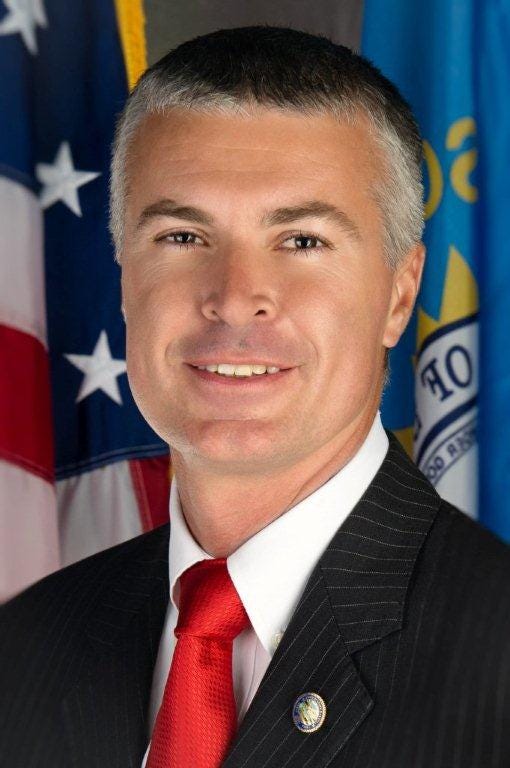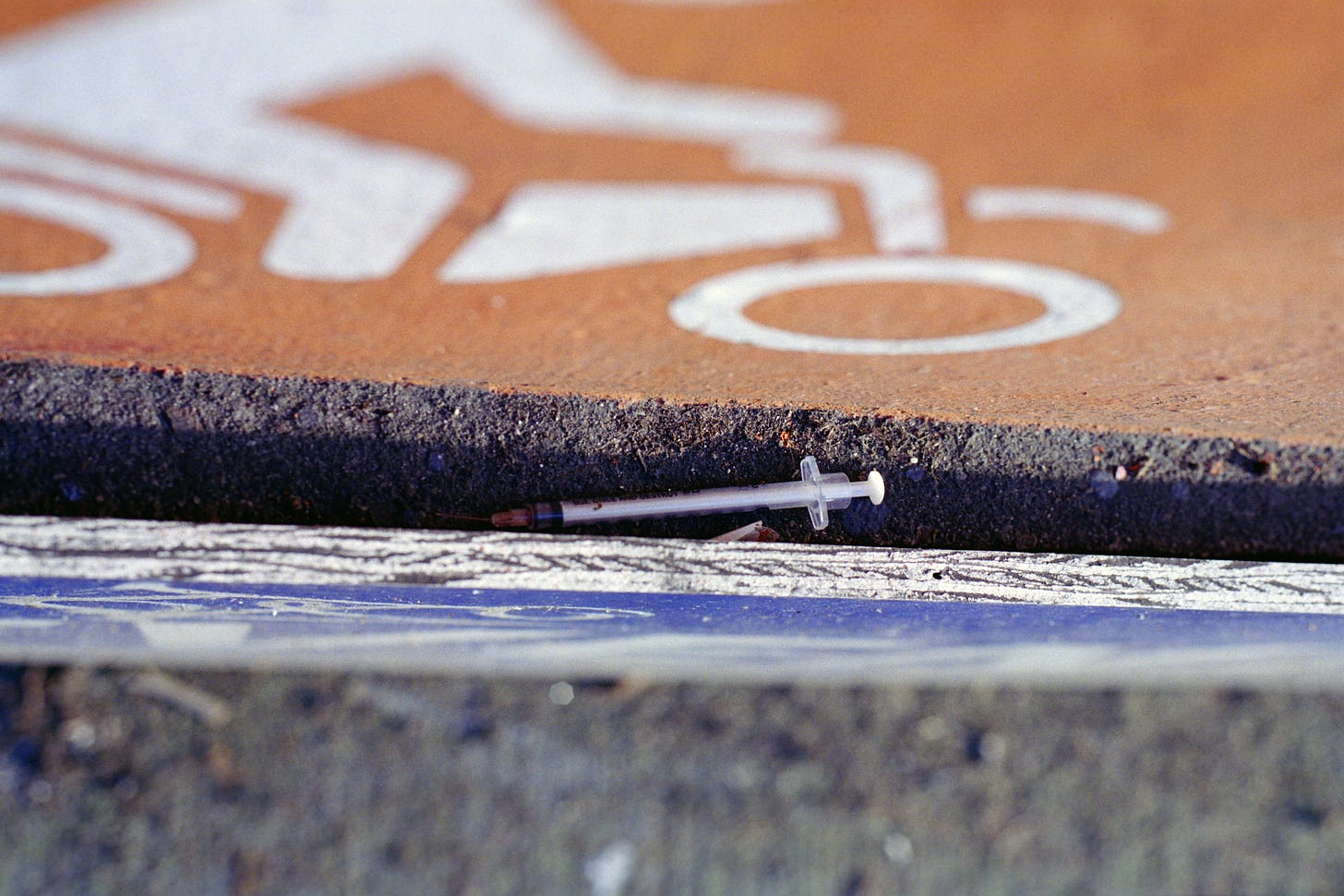South Dakota Attorney General wants lawmakers to address Xylazine, AI-child porn, sex offender registry
Marty Jackley releases legislative priorities ahead of South Dakota's 99th Legislative Session
South Dakota’s top prosecutor will push lawmakers to regulate a livestock tranquilizer being abused by drug dealers, make it a felony to create child pornography using Artificial Intelligence, and to clear up a conflict in the state’s sex offender laws.
Attorney General Marty Jackley Monday released his top five legislative priorities ahead of South Dakota’s 99th Legislative Session, while announcing he will seek legislative changes that address not only xylazine, AI-generated child porn and sex offender laws, but also membership requirements on the South Dakota Open Meetings Commission and costs associated with fentanyl testing as part of county sobriety programs.
“This is a proactive legislative package designed to protect South Dakotans, especially the most vulnerable,” Jackley said in a statement provided to The Dakota Scout. “We look forward to working with the Governor and legislators on securing the passage of these bills this session.”
According to the Attorney General’s Office, Jackley will file five separate bills with the Legislature prior to session commencing on Jan. 9.
Regulating Xylazine
The Attorney General’s Office and the state Department of Health will jointly introduce a measure that would criminalize the use and possession of Xylazine.
Illicit drugs laced with the flesh-rotting chemical have plagued the coasts for years, but until May, South Dakota remained one of two states in the country where law enforcement had yet to experience positive tests for the animal tranquilizer.
NEWS: South Dakota sees first positive case of 'zombie drug'
Now that it is here, Jackley and DOH are proposing that the drug be added to the state statute that criminalizes the possession of multiple controlled substances.
“Xylazine is important for veterinary uses and will remain available for those intended uses, but human consumption has led to overdoses and deaths,” Jackley said, noting that because Xylazine is not an opioid, the use of Narcan by law enforcement is not effective in dealing with a person suffering from an overdose. “This drug is dangerously being mixed with fentanyl by drug distributors.”
AI and child pornography
Jackley is proposing that definitions to existing child pornography laws be updated to criminalize the possession, manufacturing, or distributing of child porn images and videos generated using AI. The bill would include “deepfake” images or videos.
“Artificial Intelligence can do great things, but there is potential for serious harm that we are now experiencing with several investigations in South Dakota,” Jackley. “That harm is real with ‘deepfakes’ that include the use of real children’s voices and photographs taken from social media to create computer-generated child porn.”
Sex offender registry
According to the Attorney General’s Office, South Dakota’s sex offender laws are in conflict when it comes to how long someone must remain on the public sex offender registry. And Jackley wants that cleaned up.
“This bill would strengthen the registry to protect the public and remove the confusion about how long a Tier 1 registrant must remain on the sex offender registry,” he said, referencing a statute that states 10 years is the minimum length of time a convicted sex offender must stay on the registry, while a second statute says the minimum is five years.
Jackley recommends 10 years as the minimum amount of time for someone to remain on the registry before being eligible for removal, and that’s what he’ll propose.
Open Meetings Commission
State law says only State’s Attorneys appointed by the Attorney General can serve on the South Dakota Open Meetings Commission. But Jackley wants that statute revised to also allow him to appoint Deputy State’s Attorneys to the Commission, created in 2004 to consider possible violations of the state’s open meeting law.
24/7 fentanyl testing
County-run 24/7 sobriety testing programs more than blowing in a tube for an alcohol breath test. Rather, counties also test for narcotics and other illegal substances using both urine tests and drug test detection sweat patches.
And when a participant in the 24/7 program wears a drug patch right now, they pay a fee of $50 for each drug patch they use. But patches capable of monitoring for fentanyl cost more than that, Jackley said in support of legislation that would allow counties to charge $70 for each drug patch issued.
“Fentanyl use is a growing concern in South Dakota, and preventive testing is important to public health and safety,” he said.












